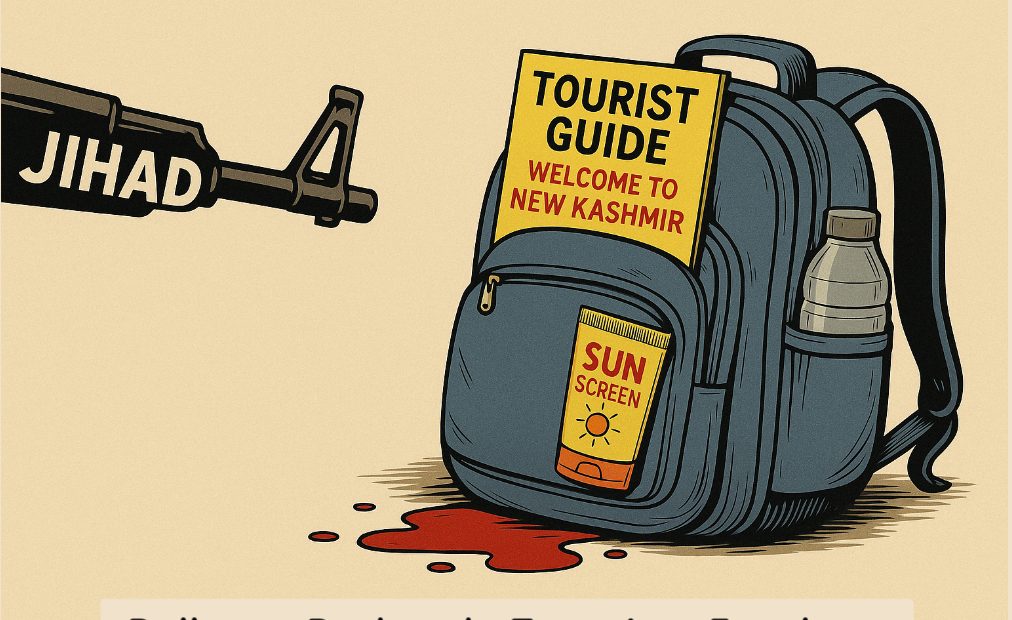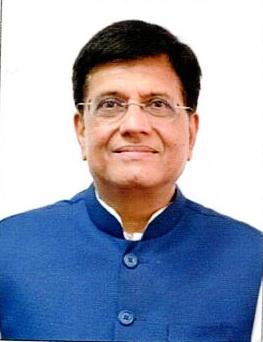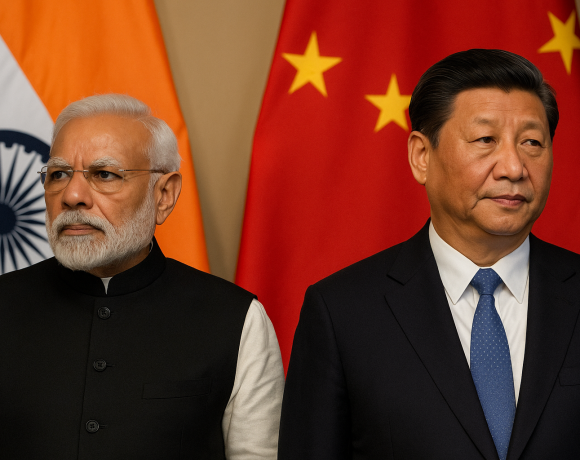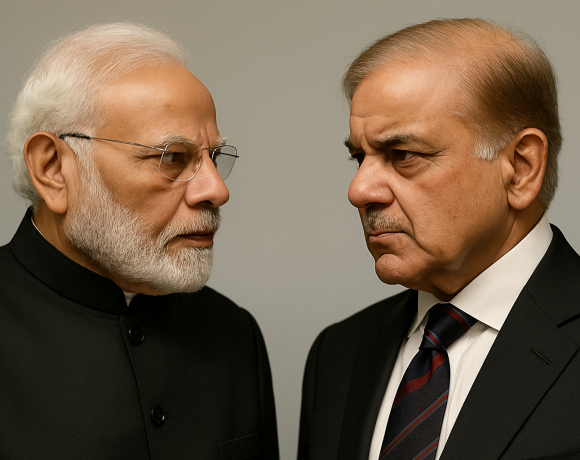
When Judges Played Generals: How India’s Supreme Court Gambled with Kashmir’s Blood
They asked his religion before killing him. His wife, trembling in shock, was told to “go and tell Modi.” This isn’t fiction. This isn’t 1990. This happened in April 2025, in Baisaran Valley, Pahalgam—a region we are told has returned to “normalcy.” Seven Hindus, tourists, were butchered because they were not Muslim. And as their blood soaked the earth, a question screamed through the smoke: who gave these terrorists the room to rise again?
Answer: everyone.
The Supreme Court, in its lofty robes and air-conditioned courtrooms, decided in December 2023 that Kashmir must go to elections by September 30, 2024. Not because intelligence agencies deemed it safe. Not because local sentiments stabilized. But because the Constitution said so—and the Court fancied itself as the final enforcer of democracy, boots on ground be damned. No Special Investigation Team. No ground reports. No deference to the very security forces guarding the valley. Just a judicial order, waved like a magic wand, over a battlefield.
This wasn’t judicial activism. This was judicial vigilantism. A dangerous flirtation with executive arrogance cloaked in constitutional righteousness. The Supreme Court gambled with lives—and Pahalgam proved what that gamble cost.
But the judiciary wasn’t alone in its failure. The central government, ever cryptic and calculating, sat on real-time intelligence. With the IB, CRPF, and military on speed dial, they could have provided the Court with dossiers, alerts, infiltration data, and ground risk assessments. They did not. Instead, they allowed the Court to operate in a vacuum—and now want us to pretend this was all part of restoring “democracy.” What they restored was civilian bloodshed in the name of ballots.
Then there are the clowns of Kashmir’s electoral circus: the National Conference and the PDP. Wrapped in Kashmiri shawls and separatist sympathies, these parties have for years played both sides of the barbed wire. Their cadre shout Pakistan Zindabad one day and take oath in the assembly the next. Their leaders hold photo-ops with Delhi durbaris while quietly courting the legacy of Geelani and Yasin Malik on the ground. The recent entry of ex-separatists into electoral politics is not a reform. It’s a rebrand.
And let’s not pretend the enemy only lives in caves. It lives in homes. It hides in kitchens. In every village that shelters a gunman. In every home that offers roti to a terrorist and stones to the soldier. This ground support—active, willing, and deadly—is the real insurgency. Until we break this ecosystem of sympathy, no number of ceasefires or elections will make Kashmir peaceful.
Meanwhile, the liberal elite who cry hoarse over bulldozer justice in Delhi suddenly lose their voices when Hindus are gunned down in Kashmir. They’ll write 5,000-word essays on “Hindutva nationalism” but can’t spare a single headline for Islamic radicalism that butchered tourists after asking their religion. Why? Because calling out Islamist terror doesn’t win literary awards. It only wins you labels.
The Pahalgam massacre isn’t an anomaly—it’s a symptom. Of a society rotting under the illusion of progress, under a government too hesitant to act, and a judiciary too eager to overreach. When a woman is told to “go tell Modi” after watching her husband die, it’s not just a threat. It’s a taunt—one aimed at the entire Indian state, mocking its spine.
So here’s the reckoning.
To the judiciary: You are not generals. You do not dictate military strategy or statecraft. Your job is to interpret, not impose. Stay in your lane.
To the executive: Stop the cat-and-mouse game. Either act or admit failure. Hunt every separatist sympathiser, prosecute every ecosystem enabler, and dismantle this militant-loving political theatre in Srinagar.
This isn’t about winning elections. It’s about losing lives.
Democracy cannot be planted in blood-soaked soil. And Kashmir cannot be healed until every stone-pelter, every terror-facilitator, and every apologist in a liberal newsroom is treated as part of the same threat landscape.
Kashmir didn’t just lose peace. It lost truth. And until India finds the courage to confront all its enemies—judicial, political, or ideological—we will keep burying our own beneath the tricolour and calling it victory.


















